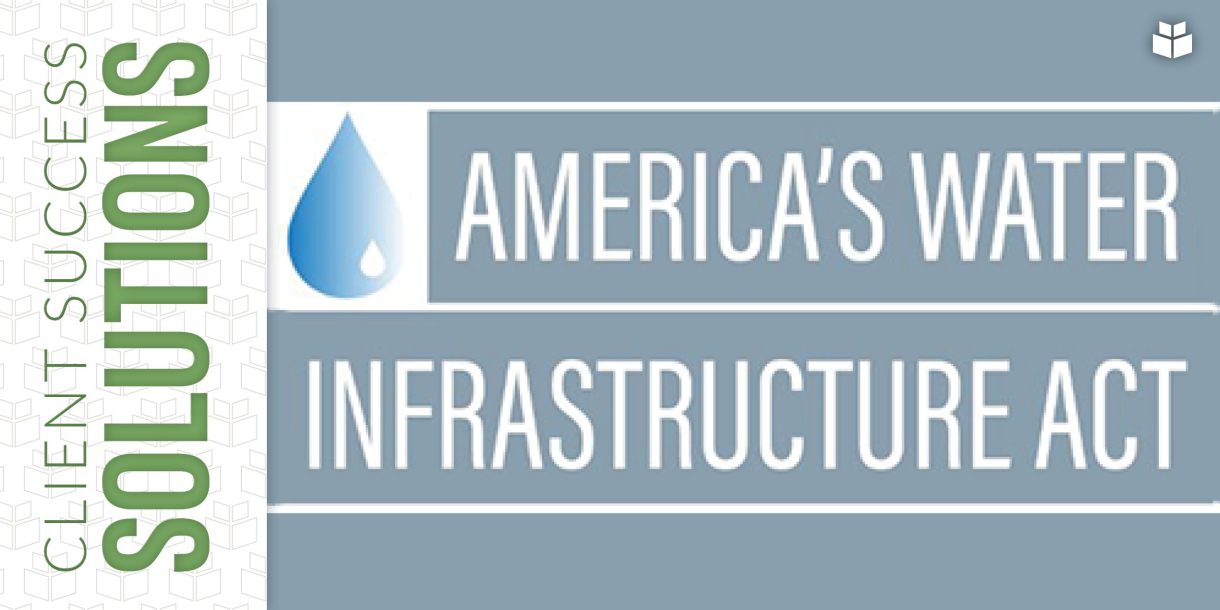
A frightening February incident in a Florida city illustrates how important it is for water systems to assess their risks and develop emergency response plans. The occurrence shines a spotlight on drinking water security and safety, which WithersRavenel is working on with communities across the state.
The water system in Oldsmar, outside of Tampa, was briefly compromised by cyberhackers. The hackers got in through a remote operational account, which allowed them to access chemicals in the system. The hackers told the system to increase lye levels from 100 to 11,100 parts per million. At that level, lye can lead to short-term problems such as nausea or vomiting but can also cause damage to the gastrointestinal (GI) tract.
The plant does have backup systems in place to measure chemical levels, but that didn’t stop the hackers from taking this initial step. Remote operations are common for water systems, particularly in smaller locales that don’t have staff or experts on site throughout the day, seven days a week.
With potential hacking, natural disaster, or terrorist threats to the U.S. water supply in mind, the America’s Water Infrastructure Act (AWIA) was signed into law in 2018. The law requires community (drinking) water systems serving more than 3,300 people to develop or update risk assessments and emergency response plans (ERPs). The law specifies the components that the risk assessments and ERPs must address and establishes deadlines by which water systems must certify to EPA completion of the risk assessment and ERP.”
WithersRavenel recognizes the importance of the Act and is providing AWIA compliance services for a variety of clients, including the Towns of Smithfield and Southern Pines, the City of Goldsboro, and several other communities.
The Florida incident shows why we are so meticulous when we examine a community’s water system access, controls and other factors,said Ken Orie, PE, WithersRavenel Utilities Engineering Director. Orie is leading WithersRavenel’s AWIA projects in multiple communities.
WithersRavenel begins by assessing a community water system’s status with regards to existing vulnerability assessments, emergency response plans and asset management infrastructure, with the goal of finding where gaps exist. We also compile a list of potential risks, from the resilience of the system’s pipes and constructed conveyances, water treatment, intake, and other factors, to possible threats to electronic, computer, and other automated systems. Monitoring practices, billing systems, customer service software, operations, equipment, and system maintenance will also be scrutinized.
This information allows WithersRavenel to develop recommendations for the community to improve the protective qualities and resilience of its system. Further, an Emergency Response Plan can be created with particular focus on the specific needs and risks of each community’s system.
Would you like to talk to WithersRavenel about AWIA requirements and improving your water system’s resilience and security? Contact Ken Orie at (919) 238-0382 or korie@withersravenel.com.
